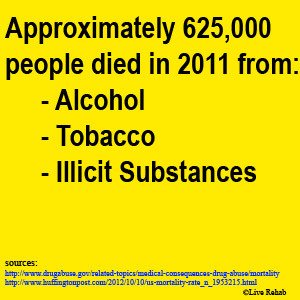 It’s an age old question that many people who drink find themselves wrestling with. Does alcohol affect happiness later in life? According to a landmark research out of Harvard the answer, at least for men, is a resounding yes1. In a longitudinal study that covered everything from scrotum size (yes really) to alcohol levels throughout life, Harvard professors and researchers found out that alcohol contributed in extremely negative ways to overall life happiness. The study which started in 1938 and covered 238 students for approximately 75 years discovered many things about happiness and what it means to be so.
It’s an age old question that many people who drink find themselves wrestling with. Does alcohol affect happiness later in life? According to a landmark research out of Harvard the answer, at least for men, is a resounding yes1. In a longitudinal study that covered everything from scrotum size (yes really) to alcohol levels throughout life, Harvard professors and researchers found out that alcohol contributed in extremely negative ways to overall life happiness. The study which started in 1938 and covered 238 students for approximately 75 years discovered many things about happiness and what it means to be so.
Among the findings that we found particularly interesting was that alcoholism was the number one contributing factor to early death, depression and psychosis among the men. While it is nothing that people did not already know about the dangers of alcohol it does underscore the importance of recognizing that alcohol abuse has far reaching impacts all the way throughout life. Alcohol was also noted to be the biggest factor among divorce.
There are some gems however, of course alcohol was not the focus of the study, including those that focused on happiness and love lived longer, more fulfilling lives. We know it can seem hard to focus on these kinds of things in the middle of recovery or after recovery but the important thing to know is that you can be and live a happy life.

